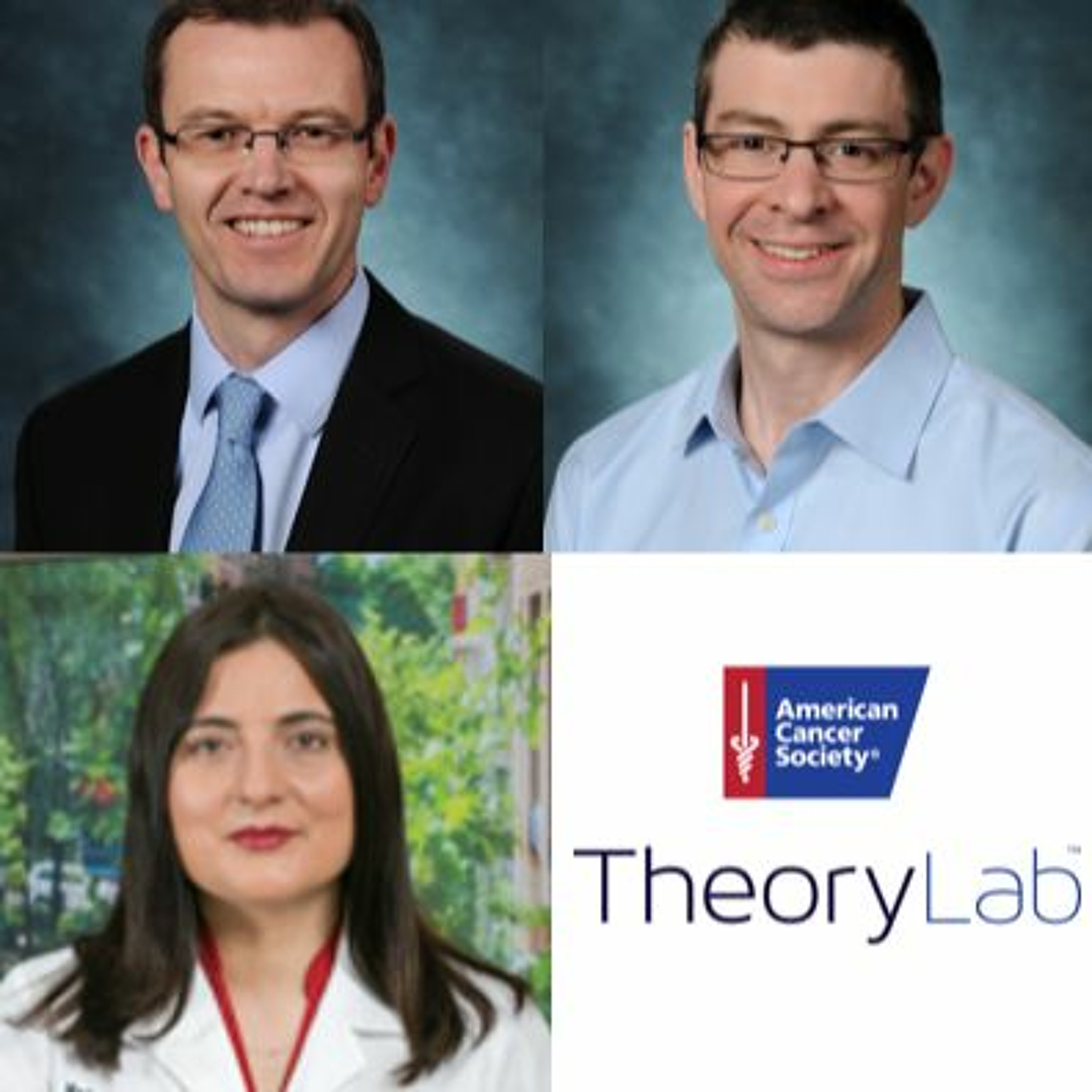Three complementary approaches to melanoma research

Melanoma is much less common than some other types of skin cancers, but it is more dangerous because it\u2019s much more likely to spread to other parts of the body if not caught and treated early.\n\nWhile there have been some exciting advances in melanoma research in recent years, there is much left to learn about, for example, how it spreads, how it resists treatment, and therapies could be improved.\n\nIn this episode, three scientists at the Sidney Kimmel Cancer Center who are investigating different aspects of melanoma explain why it\u2019s a challenging disease, describe recent advances against it, and underscore why there are so many reasons to be excited.\n\n4:11 - Andrew Aplin, PhD, is Associate Director of Basic Research at the Sidney Kimmel Cancer Center and Professor in the Department of Cancer Biology. \n\nChris Snyder, PhD, is Associate Professor in the Department of Microbiology and Immunology at the Sidney Kimmel Cancer Center.\n\nNeda Nikbakht, MD, PhD, is Assistant Professor in the Department of Dermatology and Cutaneous Biology at the Sidney Kimmel Cancer Center.\n\n4:42 \u2013 Dr. Aplin on his research into why melanoma is so resistant to therapy\n\n5:59 \u2013 Dr. Snyder on his work into why the immune system sometimes doesn\u2019t seem to recognize cancer\n\n8:11 \u2013 Dr. Nikbakht, a dermatologist who sees patients with skin cancer, discusses how she studies the skin microbiome to learn what properties promote melanoma\n\n10:43 \u2013 The tremendous recent advances in melanoma treatment\n\n13:59 \u2013 What we\u2019ve learned about the immune system in recent years\n\n18:02 \u2013 A physician\u2019s perspective on recent advances in melanoma research\n\n22:04 \u2013 The big picture goal of Dr. Aplin\u2019s research\n\n26:51 \u2013 Dr. Snyder\u2019s move into cancer immunology\n\n32:00 \u2013 Dr. Nikbakht on the tremendous importance of patient samples in research\n\n37:46 \u2013 How the collaborative environment at the Sidney Kimmel Cancer Center enhances their research\n\n43:26 \u2013 The impact of ACS funding on their work\n\n47:16 \u2013 Why advances made during the push to develop COVID-19 vaccines could be very impactful for cancer research\n\n49:01 \u2013 A message they\u2019d like to share with cancer patients, survivors, and caregivers